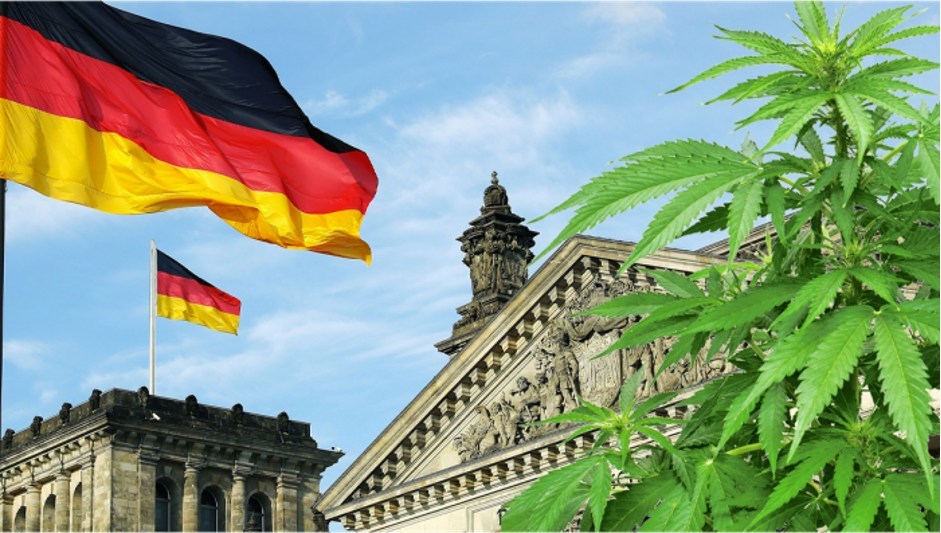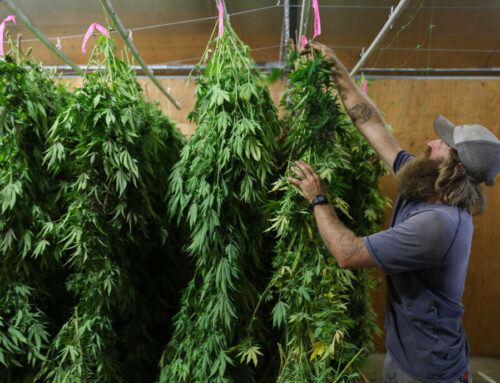Germany Poised for Historic Cannabis Legalization: Implications and Challenges
BERLIN- Germany is on the cusp of a historic shift in its cannabis policy, with Health Minister Karl Lauterbach announcing plans for cannabis legalization this spring. This move places Germany alongside a growing list of countries in Europe and globally that are reforming their cannabis laws.
Currently, cannabis possession and consumption are illegal in Germany, with exceptions for medical use and small amounts for personal use typically not prosecuted. Despite these restrictions, cannabis consumption remains high in the country, with approximately 8.8% of the population reported to have used cannabis in 2021. This statistic underscores the substantial demand for cannabis in Germany and hints at the potential economic benefits of legalization.
Germany’s journey towards cannabis legalization has been gradual yet progressive. In 2017, a law permitting medical cannabis for seriously ill patients with a doctor’s prescription was enacted. This was followed by a 2020 ruling from Germany’s Federal Court allowing adults to grow and possess small amounts of cannabis for personal use. The most significant advancement occurred in 2021 when the ruling coalition included cannabis law reform in their agreement, signaling a pivotal shift in the country’s stance on cannabis.
The cannabis legislation in Germany gained momentum in 2023, but faced delays due to political opposition and external factors like the Ukraine-Russia conflict. However, Health Minister Lauterbach’s recent statement to Die Welt daily newspaper indicates optimism, expecting the Cannabis Act to pass between February 19-23 and take effect from April 1.
The proposed bill sets out clear guidelines for cannabis legalization: adults over 18 may possess up to 25 grams of dried cannabis or cultivate up to three plants at home. Additionally, starting July 1, social clubs for collective cultivation will be permitted in selected model regions for five years. A notable feature of the legislation is the establishment of exclusion zones, prohibiting cannabis use within 100 meters of schools and youth centers, addressing one of the major concerns of the bill’s opponents.
Despite these detailed provisions, the bill faces hurdles from opposition parties, conservative members of parliament, and some in the medical community who worry about potential health consequences. Bavaria, governed by the conservative Christian Social Union, has been particularly vocal against the liberalization efforts.
The economic implications of cannabis legalization in Germany are substantial. The German medical cannabis market alone could be worth €7 billion by 2028. Legalization could create jobs, increase tax revenue, and stimulate economic growth. Furthermore, Germany’s legalization could influence cannabis policies across Europe, potentially leading to a larger market for international trade and export opportunities.
Alex Rogers, Founder/CEO of the International Cannabis Business Conference, emphasized the broader impact, noting that several European nations might follow Germany’s lead in modernizing their cannabis policies.




































